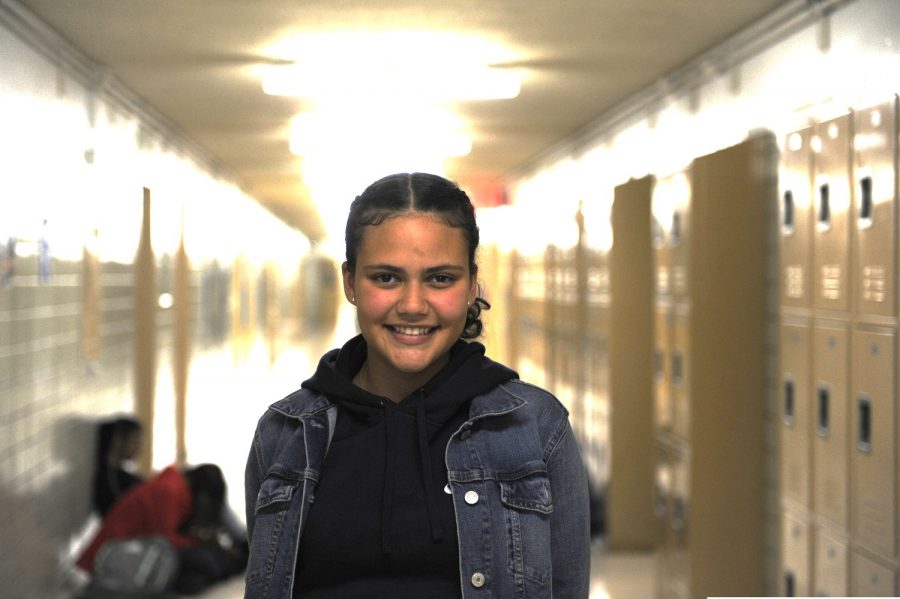New York’s New Jails
Melanie Tejeda ’20 believes we still have a ways to go in terms of prison reform in both New York City and our country.
Three hundred and seventy people. That is how many people have died at Rikers Island since 2001. A fact pushing Mayor De Blasio’s plan to open four new jails as a means to ultimately close down Rikers Island, an attempt at which both Mayor Bloomberg and Edward Koch infamously failed.
Rikers Island is a prison complex, located between Queens and the Bronx, holding around 11,000 prisoners daily with a holding capacity of 15,000 inmates. It is notorious for being one of the largest prison complexes in the country and a symbol of the broken prison system that exists in America, one which unfairly targets African-American and Latinx people and is plagued by inhumate treatment.
“The Rikers prison complex perpetuates a lot of what is wrong with the way we deal with crime in America,” said Melanie Tejeda ’20. “80% of the inmates are just waiting for their court date, a wait that can stretch on for years. During this time period, inmates become subject to violence, sexual abuse, and overall barbaric treatment that only aids to increase their trauma and hence their likelihood of instability and repeated imprisonment.”
Riker’s maintenance of such poor conditions contributes to the great conflict surrounding its status. Many argue that it is not that simple just to shut Rikers down.
Our city disagrees. Mayor De Blasio is advocating to close the complex and replace it with a new jail in each borough with the exception of Staten Island. These jails would be smaller and, as a result, the total prison population of New York City would be significantly decreased. A majority of the City Council is in support of this specific proposal thus far. But those outside of our local government are arguing it is not quite enough.
“Making four more prisons won’t help anything. The NYC government would just be housing human rights violations and unfair treatment of inmates under a less assuming institution. The only way to make the prison system more fair would be to do a sweeping reform of the U.S. prison system holistically,” said Lola Berger ’20.
The activist group ‘No New Jails,’ which U.S Representative Alexandria Ocasio-Cortez has publicly backed, aims to create this systemic change by closing Rikers and ceasing the creation of any additional prisons in NYC. The organization believes that the money could be better used to repair the many systemic issues which allow for such a large prison population to exist in the first place. Specific investments could be placed into education, affordable housing, homeless shelters, mental health support, and better living conditions for the 1.7 million New Yorkers who live below the poverty line. ‘No New Jails’ pushes for change at the root of the problem, which the prison system only exacerbates.
The City Council’s official decision to close Rikers and the City’s following actions will not only determine the future of the inmate population in NYC, but will set the precedent for what levels of change progressive cities are willing to take in terms of prison reform.
Rikers Island is a prison complex, located between Queens and the Bronx, holding around 11,000 prisoners daily with a holding capacity of 15,000 inmates.
Ula Pranevicius is an Editor-in-Chief for ‘The Observatory’ as well as a Senior Staff Reporter for ‘The Science Survey.’ Ula enjoys interviewing...











